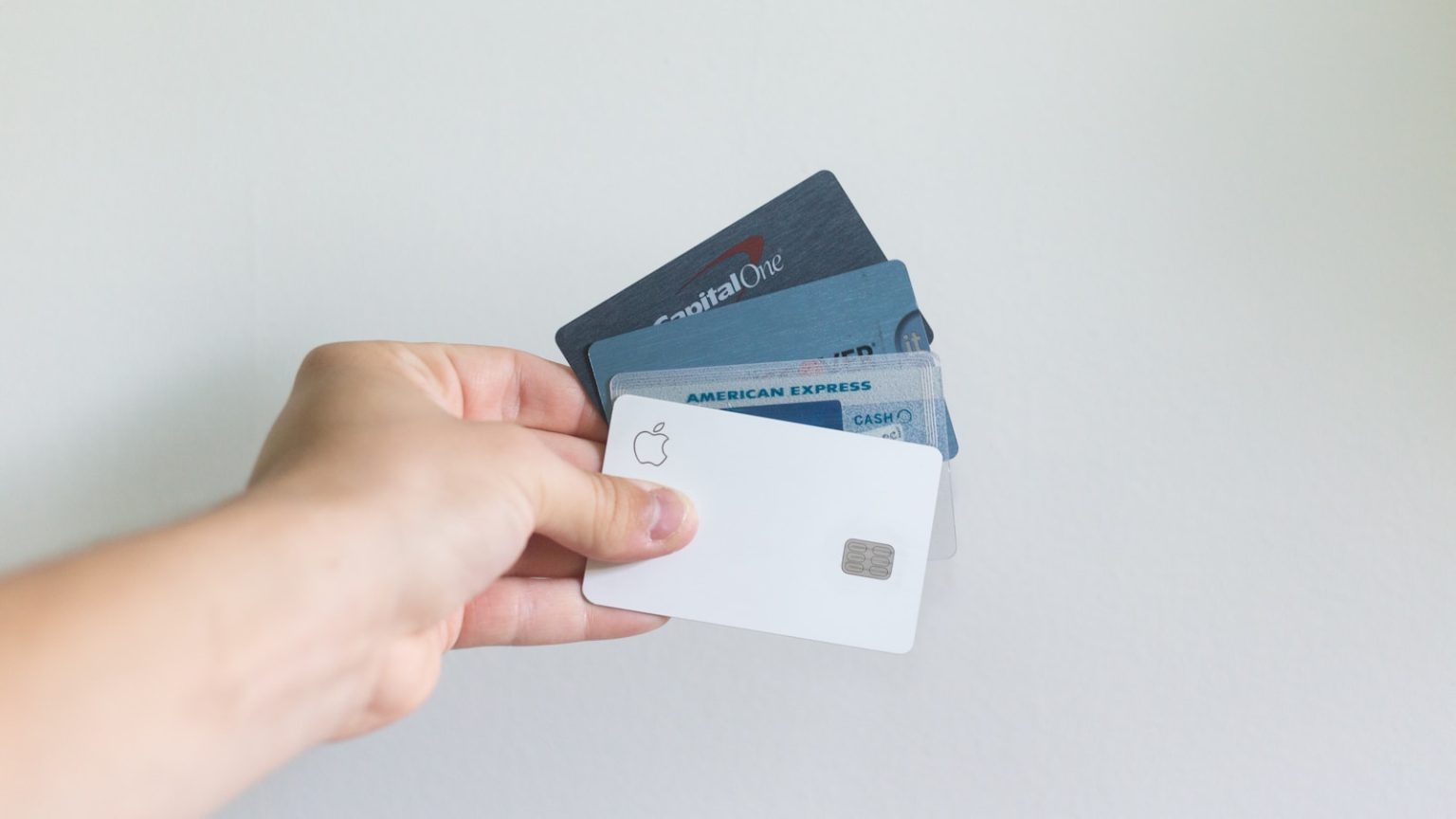Money guilt is one of those feelings that can sneak up on you, leaving you stressed and stuck in a cycle of negative emotions about your finances. It’s more than just regret over a purchase—it’s a deeper discomfort tied to how we think about money and our place in the world. Whether it’s spending on something “non-essential,” worrying about debt, or comparing ourselves to others, money guilt comes from many sources. For those exploring options like debt settlement companies in New Jersey, understanding where these feelings come from can be a crucial step toward healing and financial empowerment.
Let’s unpack the root causes of money guilt and explore how recognizing them can help you take control of your financial mindset.
Personal Beliefs: How Our Money Story Shapes Guilt
Our relationship with money often begins long before we earn our first paycheck. Family attitudes, childhood experiences, and cultural messages form a money story that influences how we feel about spending and saving.
For example, if you grew up in a household where money was tight, spending on anything outside of essentials might trigger guilt because it feels irresponsible or wasteful. Or if you were raised to believe that “money is the root of all evil,” even having money or wanting more could cause discomfort.
These deeply held beliefs set the tone for how we judge our financial decisions. When a purchase or debt doesn’t align with these internal rules, guilt can emerge.
Societal Pressures and Comparison
In today’s world, it’s easy to compare your financial situation to others, especially with social media showing highlight reels of vacations, gadgets, and lifestyles that seem out of reach. This comparison can make spending even on reasonable things feel like overspending or failure.
Society often sends mixed messages—encouraging consumption while simultaneously valuing frugality and financial responsibility. Navigating these conflicting ideals can create a guilt stew when your spending doesn’t perfectly fit either mold.
Recognizing that social pressure influences your feelings can help you question whether the guilt is truly yours or something imposed by external expectations.
Fear of Debt and Financial Instability
Debt is a major source of money guilt for many. The fear of accumulating debt or falling behind on payments can cause people to feel ashamed or anxious, even if they are actively seeking solutions through debt settlement companies in New Jersey or other resources.
This fear often ties back to worries about losing control or being judged by others for financial struggles. The guilt can become overwhelming, especially if debt starts affecting daily life or relationships.
Understanding that debt and guilt are linked but separate emotions can help you focus on practical steps to manage debt without letting guilt dominate.
Spending on “Non-Essential” Items
Many people experience guilt when spending on things they consider non-essential—like dining out, entertainment, or personal treats. This guilt might come from self-imposed rules or pressure to always be “saving” or “cutting back.”
However, life is about balance. Enjoying small pleasures responsibly can actually support well-being and prevent burnout. Recognizing the value of these moments can reduce guilt and promote healthier money habits.
How to Address and Overcome Money Guilt
Awareness is the first step. When you recognize what triggers your money guilt, you can start to challenge and reframe those feelings.
Try these approaches:
- Reflect on your money story: Write down your beliefs about money and question which ones serve you well and which cause unnecessary guilt.
- Practice mindful spending: Before buying, pause and ask if the purchase aligns with your values and budget.
- Limit social comparisons: Remember that social media often shows only the best moments, not the whole picture.
- Seek support: Financial counseling or therapy can help disentangle complex emotions tied to money.
- Create a realistic budget: Knowing where your money goes can reduce anxiety and empower decision-making.
Final Thoughts: Freeing Yourself From Money Guilt
Money guilt is common but doesn’t have to control your life. It’s rooted in personal history, societal messages, fear, and self-judgment. By understanding these causes, you can begin to respond with kindness and clarity rather than shame.
Whether you’re working through debt, exploring options like debt settlement companies in New Jersey, or simply trying to improve your financial mindset, tackling money guilt is key. Freeing yourself from these feelings opens the door to healthier habits, better decisions, and greater peace of mind.

